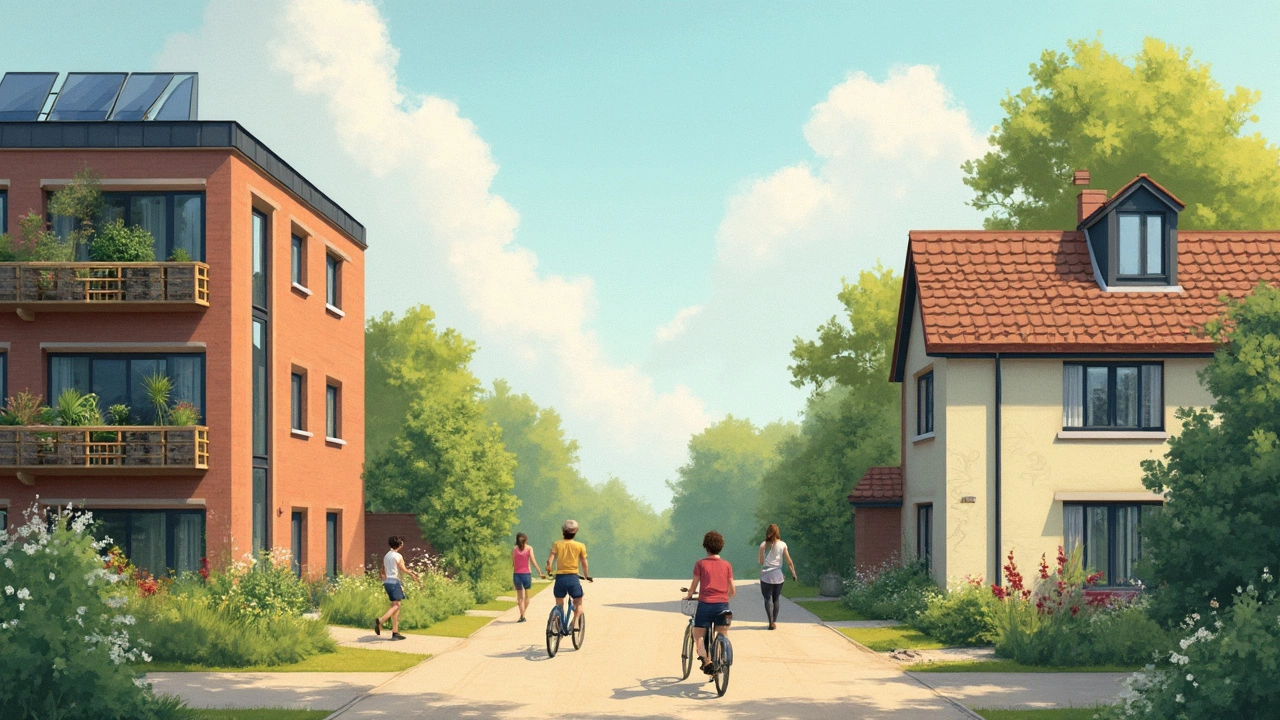Energy Use Guide for Guests Near Peterborough Arena
When you’re hunting for a place to crash near the Peterborough Arena, the amount of energy a hotel or cottage uses can make a big difference to your wallet and the planet. You don’t need a degree in sustainability to spot green options – just a few simple clues and a bit of curiosity.
How Hotels Save Energy
Modern hotels around Peterborough are getting smarter about power. Many have installed motion‑sensor lighting in hallways and conference rooms, so lights turn off when no one’s around. In guest rooms, LED bulbs replace old‑school incandescent lights, cutting electricity use by up to 80%.
Heating and cooling are the biggest energy hogs. Look for properties that use programmable thermostats. These devices adjust temperature based on occupancy, keeping rooms cozy when you’re inside and dialing back when you step out. Some places even use heat‑recovery ventilation, which pulls warmth from stale air and puts it back into fresh air, saving fuel.
Water heating matters too. Hotels that feature low‑flow showers and faucets save both water and the energy needed to heat it. A quick check – if the shower head feels like a gentle mist rather than a gush, you’re likely looking at an eco‑friendly setup.
What Guests Can Do
Your habits can shrink energy use dramatically. Turn off lights and TV when you leave the room; it only takes a second and the impact adds up across dozens of rooms. Use the towel‑reuse program many hotels offer – hanging a towel for a second night signals staff to keep it, which means fewer laundry cycles and less heat.
If the hotel provides a key‑card system that powers the room, simply keep the card in the slot when you step out. The room will go into standby mode automatically, cutting down on heating and lighting without you even thinking about it.
When you’re booking, check the hotel’s website for green certifications. Labels like Green Key, Eco‑Hotel, or ENERGY STAR let you know the property follows recognized energy‑saving standards. Even a simple phrase like “energy‑efficient appliances” in the room description is a good sign.
Choosing a cottage can be even greener if it’s built with sustainable materials. Look for listings that mention solar panels, double‑glazed windows, or natural insulation. These features keep the inside warm in winter and cool in summer without cranking the furnace or AC.
Finally, consider your travel timing. Staying during off‑peak seasons often means the hotel’s energy load is lower, leading to better performance of heating and cooling systems. Plus, you’ll enjoy a quieter arena experience.
Bottom line: energy use isn’t just a buzzword – it’s a practical factor that shapes cost, comfort, and environmental impact. By spotting green signals in a property’s features and tweaking a few personal habits, you can enjoy a great stay near Peterborough Arena while keeping the planet happy. Happy travels!
Eco-Friendly Living: Apartment vs House—Which Wins?
Trying to figure out if living in an apartment or a house is better for the environment? This article breaks down how your home choice can impact your carbon footprint, energy bills, and even water use. Dive into real-life tips to make your living space greener, whether you rent a tiny city apartment or own a dream cottage. Get ready for practical advice that makes eco-friendly living simple. You’ll leave with answers you can actually use.
